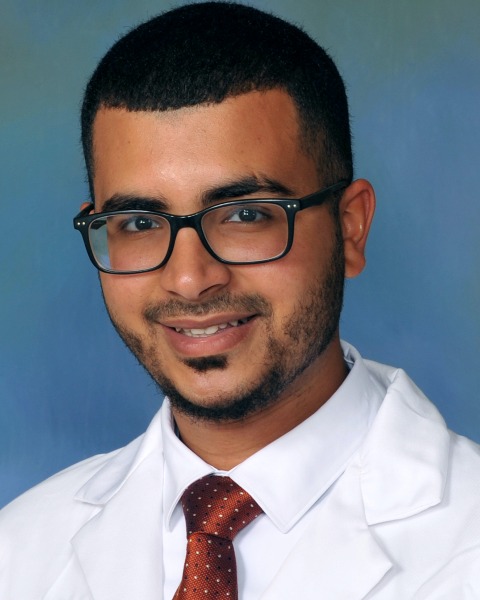Interventional Oncology
The Role of Artificial Intelligence in the Diagnosis and Management of Hepatocellular Carcinoma in Interventional Radiology
- AM
Arian Mansur, BA (he/him/his)
Medical Student
Harvard Medical SchoolDisclosure(s): No financial relationships to disclose

Tarig Elhakim, MD
Medicine Instructor & Research Associate
Penn (Medicine Instructor) & MGH (Research Associate)
John C. Panagides, BS (he/him/his)
Medical Student
Harvard Medical School
Sanjeeva P. Kalva, MBBS, MD, RPVI, FSIR, FCIRSE, FACR (he/him/his)
Professor
Massachusetts General Hospital- DD
Dania Daye, MD, PhD
Clinical Professor
Massachusetts General Hospital
Abstract Presenter(s)
Author/Co-author(s)
2. To describe the role of AI in the diagnosis of HCC.
3. To discuss the role of AI in the treatment of HCC as well as its follow-up.
Background: Hepatocellular carcinoma (HCC) is the most common type of liver cancer, representing approximately 73% of cases. Image-guided locoregional therapies such as ablation, embolization, and radioembolization have been increasingly used for the management of HCC and are now being considered primary treatments. Artificial intelligence is a branch of computer science that is based on the notion of computers mimicking the human behavior that uses intelligence, such as thinking and making decisions. Through the development of AI came various subfields like machine learning and deep learning that have revolutionized various disciplines like medicine and now IR, more specifically. Because the management of patients with HCC is multifaceted with new minimally invasive modalities, AI is starting to play a crucial role in the way we detect, treat, and follow-up patients with HCC.
Clinical Findings/Procedure Details:
Several AI-based algorithms, including convolutional neural networks, have started to aid in not only the diagnosis of HCC, using several imaging modalities (abdominal ultrasound, CT with contrast, MRI, 18F-FDG PET/CT, histopathological classifications) but also the selection of patients for the IR-based treatment options, including transarterial chemoembolization (TACE), transarterial radioembolization (TARE) and tumor ablation. Several studies have also shown promising findings of AI in predicting the response to treatment with TACE/ablation as well as in local tumor progression and recurrence. This exhibit reviews and discusses some of the major findings to date.
Conclusion and/or Teaching Points: AI is starting to play a pivotal role in the way we manage patients with HCC, particularly in the context of interventional radiology. After viewing this exhibit, attendees will learn the various image-guided percutaneous and transarterial therapies that have proven to be highly promising for HCC as well as the role of AI in selecting suitable candidates for IR-based modalities, predicting response to treatment, and in follow-up care.

.png)
.jpg)
.png)
.jpg)
.png)
.png)
.jpg)
.png)
.png)